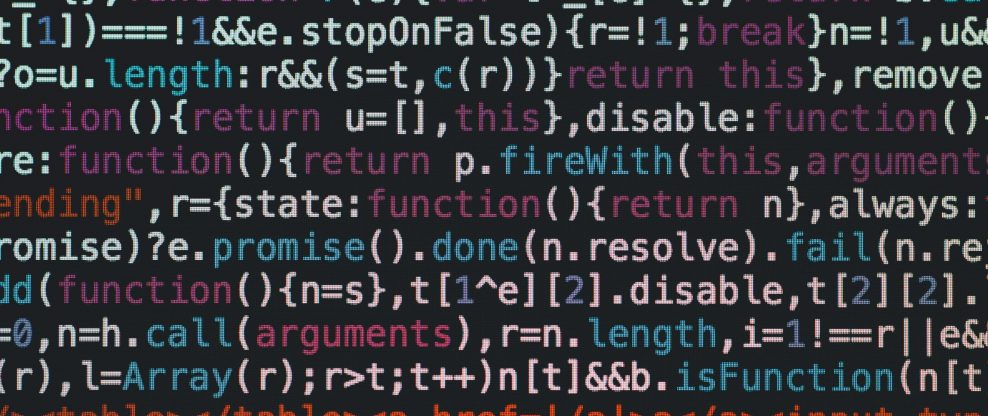(Hypebot) —
Inaccurate metadata is responsible for a great deal of grief in the music industry, including misplacing credit and depriving artists of their hard-earned royalties. So what can you do to ensure you’re submitting accurate metadata to distributors?
Guest post by Randi Zimmerman of the Symphonic Blog
Improper metadata causes a lot of damage in this industry. It cuts off rightfully owed revenues, steals credit from hardworking songwriters, and causes countless other easily avoidable issues. So, what can you do to avoid these problems? Submit the most accurate and meaningful metadata you can. To help you out, here’s a quick rundown to guide you through it…
How To Submit Accurate Metadata
Releasing music without accurate metadata is like writing a book report and not signing your name. Without accurate metadata you don’t just miss out on royalties and sales, you miss out on well-deserved credit for your hard work. Click To Tweet
Metadata includes information like the artist, genre, label, song title, album name, track number, and ISRC code. — There are 3 types of metadata you need to know about:
- Descriptive Metadata
- Ownership/Performing Rights Metadata
- Recommendation Metadata
As a distributor, we take care of the submission process. However, YOU have to give it to us correctly. — To help you out, we have processes in place to limit common inaccuracies as much as possible. In addition, there are steps you can take to make sure you’re doing your part to submit as accurate metadata as possible. Here’s what you can do…
Check Out Official Metadata Guidelines Online
Every small error, whether it be a capitalized letter or a misplaced parenthesis, will travel throughout the industry. For example, if something as simple as your artist name is misspelled, you won’t get your royalties in the mail. Ever see a misspelled song name or mixed-up release date on Spotify? That’s due to improper descriptive metadata. These mistakes cause a lot of confusion for, not only the artist, but consumers as well. Even worse, it can be the difference between an artist being able to pay rent that month or not.
Luckily, there are guidelines available online to help guide you through it as seamlessly and accurately as possible. // Music Business Association has published a great set of general guidelines here.
Double / Triple Check Your Metadata Before You Submit It

Everybody has been personally victimized by their computer or phone’s autocorrect at least once. Don’t let autocorrect ruin your chances of being properly paid for your work. Even the smallest typo can have a huge impact.
Once the song is already out in the world, making changes will be very difficult. Before you submit anything, get a second, or even third set of eyes on it. Whether that be your publisher or entertainment attorney, just make sure everything is accurate and ready to go.
To ensure you don’t miss anything, you should also have these pieces of info ready to go:
- Featured Artists
- Publisher
- Contributors (any other person who worked on the piece and should be credited ISRC)
- Explicit Content
- Language of lyrics / Lyrics distributor
- Owner of composition / Year of composition
- Owner of registration / Year of registration
- Language of distribution
——
Sharpen your skills…
Most Common Mistakes Artists Make While Registering Songs
6 Common Questions To Ask An Entertainment Attorney
How to Trademark Your Artist Name
Useful Tools to Generate More Income As A Producer
——
Review Split Sheets and Agreements
Once a deadline is set, the pressure is on. Musicians tend to forget about legalities while the creative juices are flowing and magic is being made. However, I assure you that if someone gets accidentally left out of credits, the magic will disappear just as fast as it came. That being said, make sure to define and review your split sheets and agreements before any work ever leaves the studio.
- A split sheet is an agreement that identifies who wrote what percentage of the song such as the producer(s) and songwriter(s). Each creator has to agree about how the percentages are defined. Some artists will divide it evenly based on who is in the room writing and producing the song, some will base the percentages on the person’s specific contribution lyrics, hook, melody, and beats.
These agreements are a pain in the ass to try and work through after the fact. To save you a major headache, do all this beforehand. That way, there are no disagreements after the song is completed and all the details can be logged and accounted for.
To simplify this process for you, click here to download a free split sheet.
In Conclusion…
Knowledge is power, and improper metadata is a huge issue in this industry. Now that your brain has all this juicy information, it’s your turn to share it along. With the seemingly infinite amount of music submitted every day, metadata is the #1 asset to master in this digital age. As long as you take your time, double check your work, and be as diligent as possible, you’re on the right track.
You got this!





























